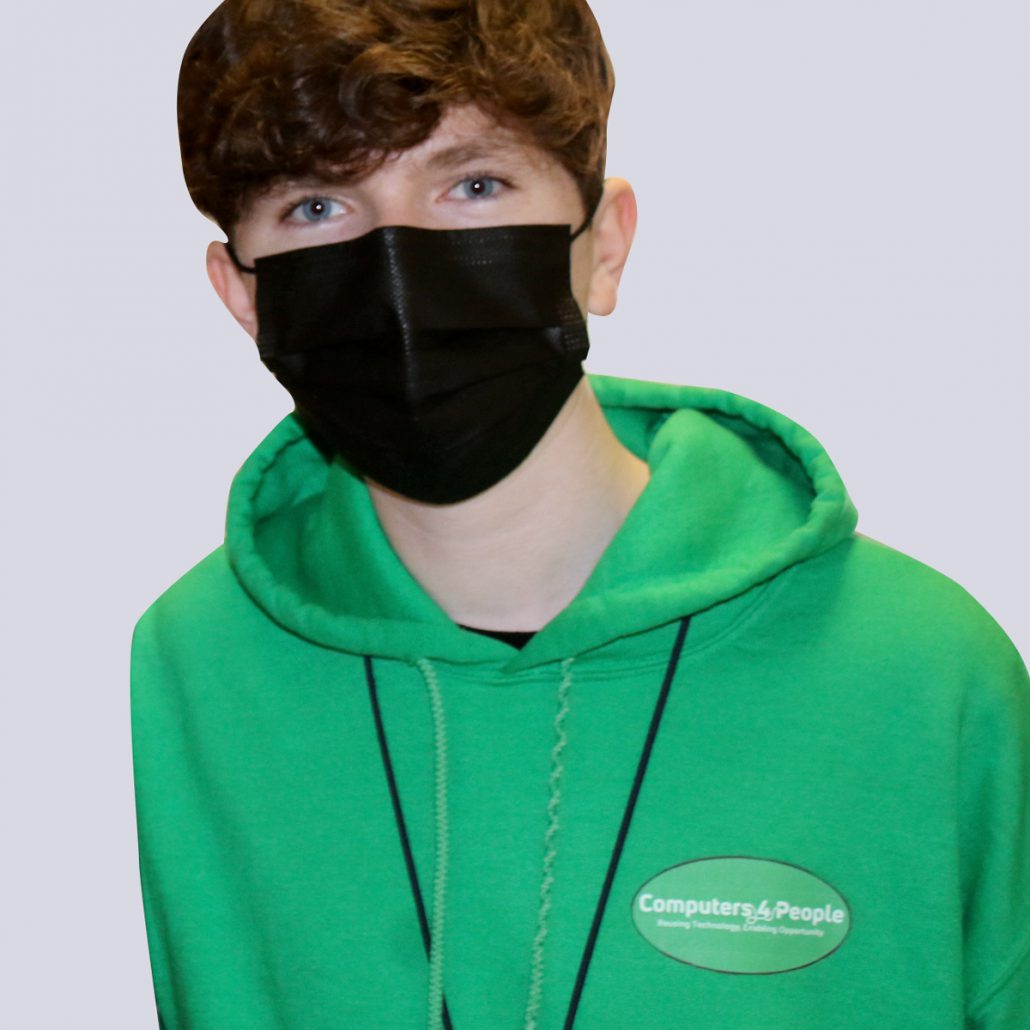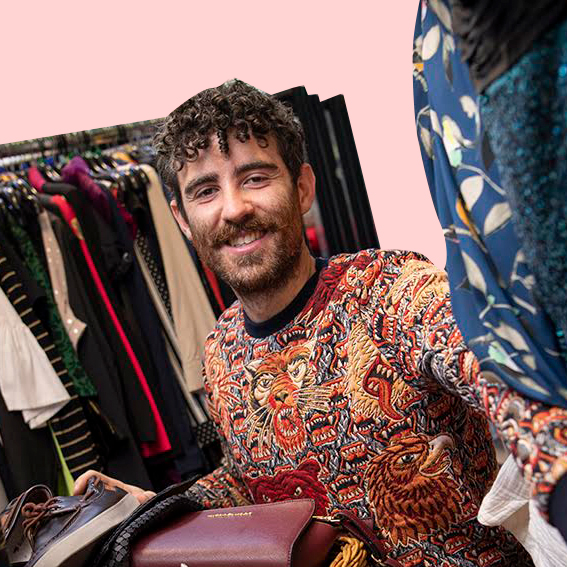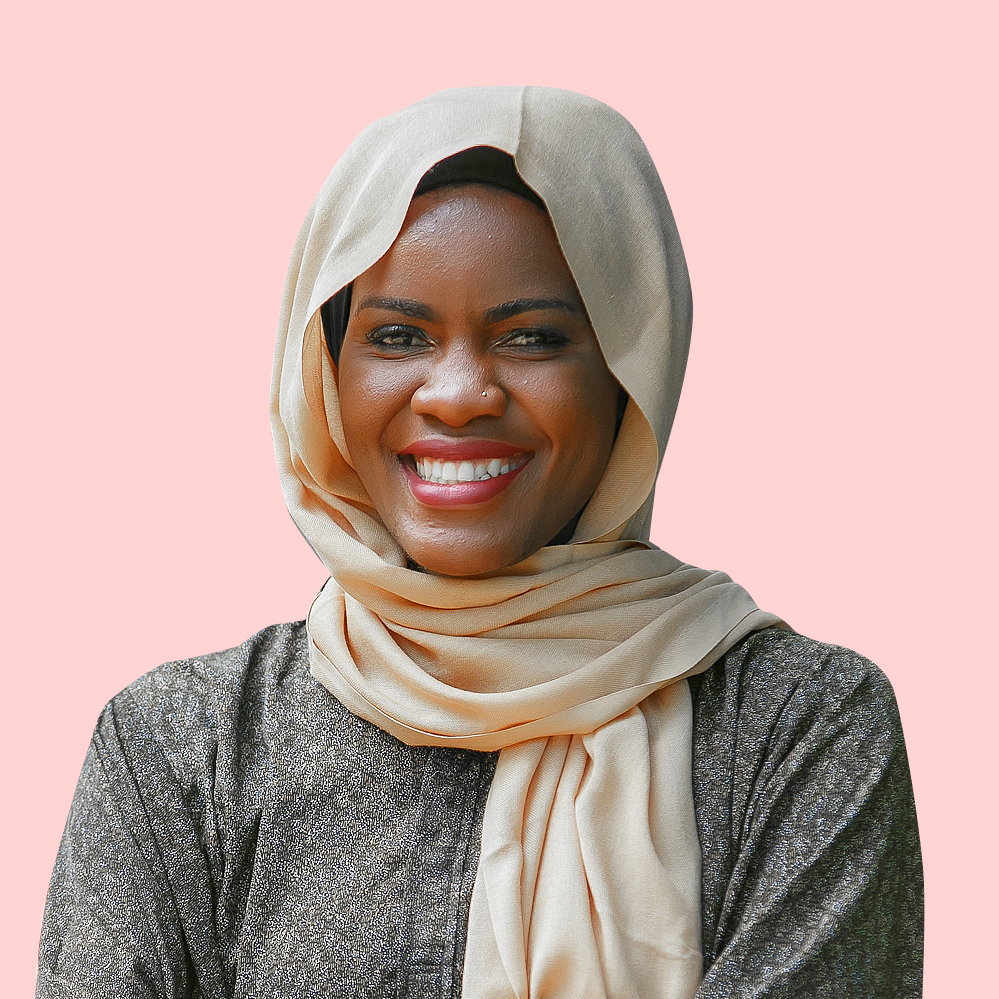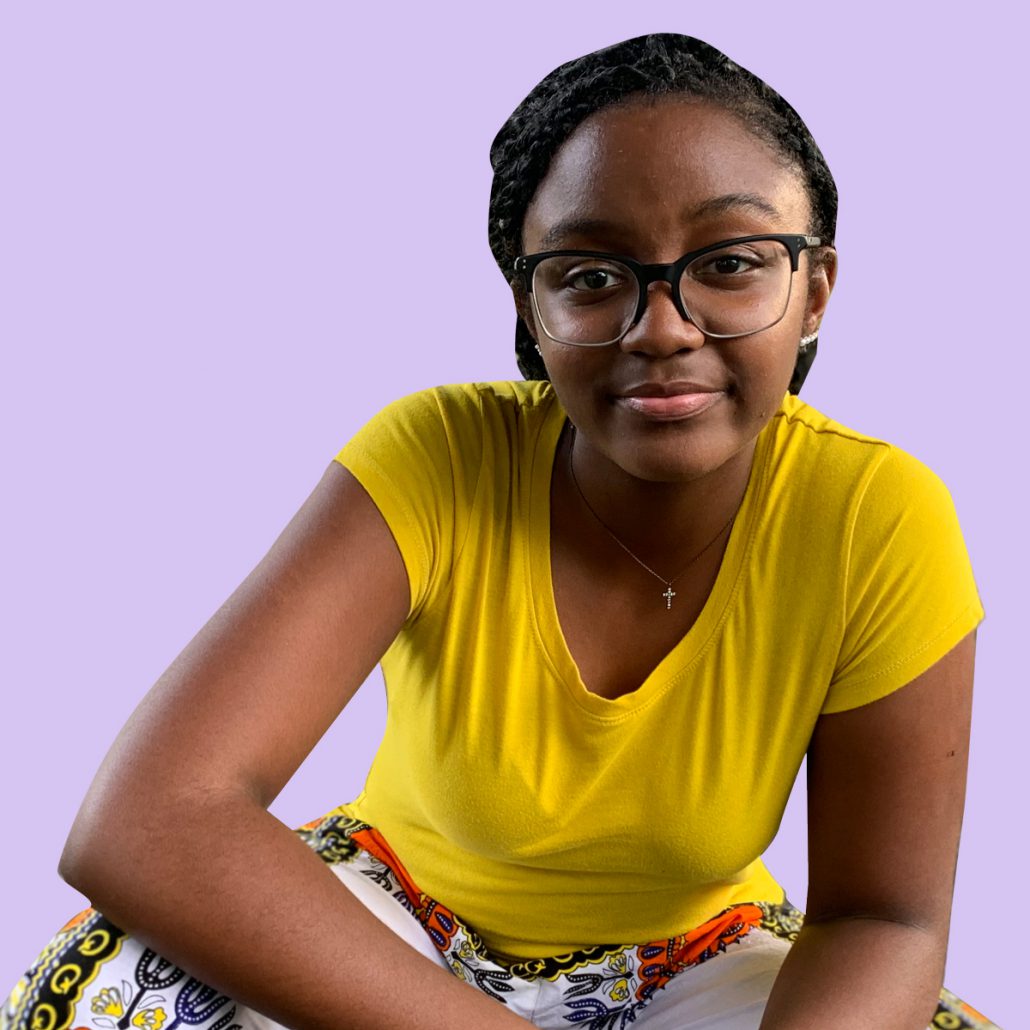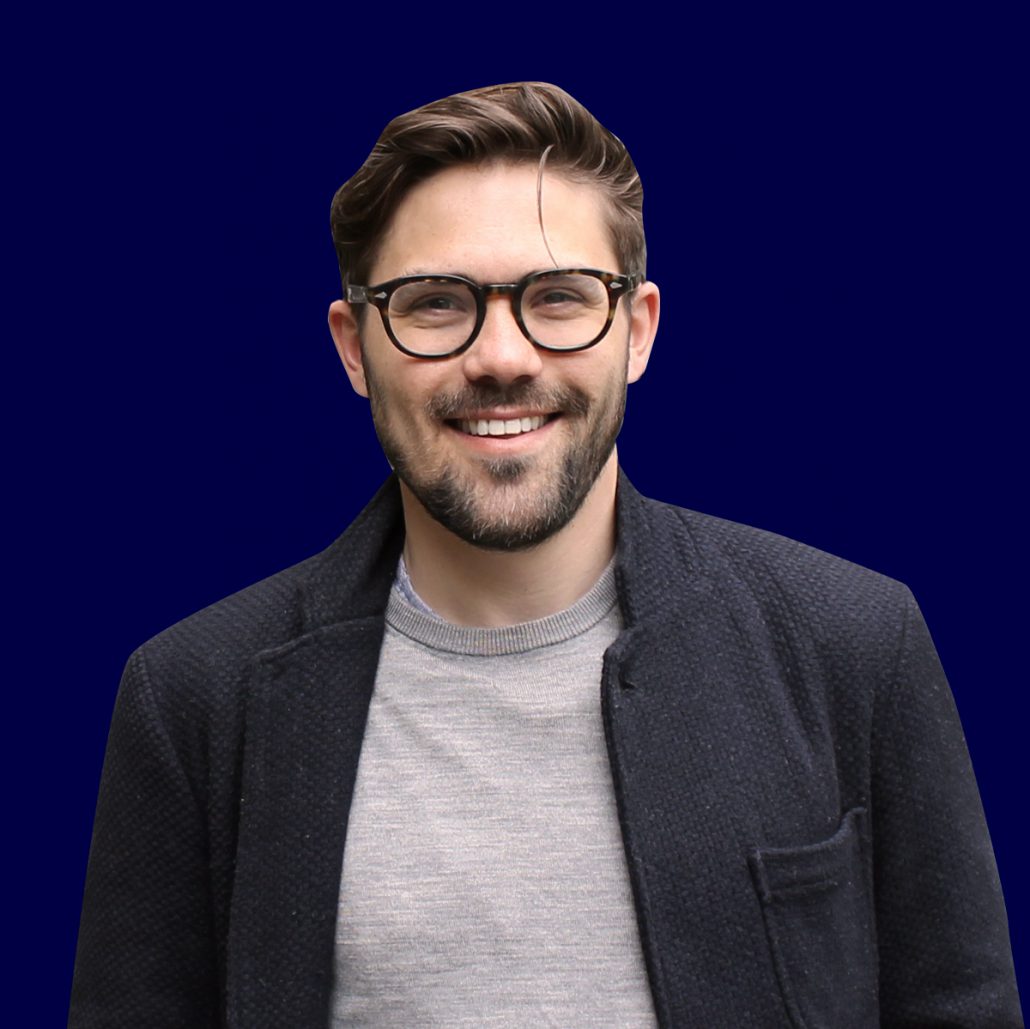An in-depth look at the lives and work of young changemakers
Why the world needs Possibilists
Young people are creating change everywhere we look. Some of them dedicate everything they have to tackling the most pressing issues of our time, it is their work and way of life. They are changemakers, activists, social innovators, disruptors, dreamers, doers, people who believe social and environmental change is possible. They are Possibilists.
A powerful force for change
They are winning Nobel Peace prizes, they are mobilizing around the climate crisis in ways that put our national leaders to shame, they are voting in record numbers, volunteering for their communities, leading movements against systemic racism, and they are choosing purpose over paychecks. It’s time to take them seriously.
The Study
This study was conducted in 2021 by an alliance of 16 of the world’s leading youth social innovation networks. It was driven by the desire to better understand the lives and realities of young changemakers.
This is what we found out.
791
137
Young changemakers are resilient, innovative and intrinsically motivated to change the world. But at what cost?
Young changemakers are sacrificing their personal finances and well-being to make a change in the world. The situation demands urgent attention.
What they work on and why
When asked to think about their work within the SDG framework, the three main focus areas are:
Quality education
53%Reduced inequalities
38%Good health and well-being
37%Distribution across SDGs
Distribution across SDGs
Our study found that most young social innovators focus on education, seeing it as major lever for reducing inequalities and creating change.
What they work on and why
The 3 main motivators for their work are to:
Main motivation for developing the initiative
Young social innovators are not primarily driven by their own employment needs and wishes, but rather by an intrinsic desire to improve the lives of others on a global and local scale.
The key challenges young changemakers face are
Let’s take a closer look at some of the key challenges.
Financial Insecurity
Only 9% of young Possibilists can compensate themselves through their initiatives.
66% of young changemakers cannot cover their financial needs solely through the work on their initiative, meaning they have to look elsewhere for financial compensation and security.
The gender pay gap persists, even in the social impact sector.
Women are 15% less likely to be able to compensate themselves financially than their male counterparts. Similarly, out of the respondents that can cover half or more of their necessary income through their initiative, 35% are men compared to 28% women. Unsurprisingly, older (age 31-35) men living in Europe have the highest levels of financial security.
Therefore, though only 27% of respondents indicated that they felt they belonged to a marginalized group, the data indicates that a much higher number are in fact experiencing discrimination based on their gender, age, region; not to mention other factors including sexual orientation, race, ethnicity or religious affiliation.
A Closer Look
Location
Ireland
Initiative
Thriftify is the online charity shop that connects ethical sources of used goods with consumers who care. Each year the charity retail sector receives over 3 billion used garments – by enabling this sector to sell online, they are aiming to disrupt the fashion industry for the better.
Tell us about your funding journey – how has it impacted you and or your work?
Funding has been our biggest struggle. We got by on small grants and awards for 2-3 years before we were able to raise capital. This came at a great personal and financial cost to our founders – including lost income, lost time in being able to purchase a home and raise families. There isn’t enough funding for early stage ideas. If we had gotten more funding early on, there is no doubt that our impact would be much larger than it is today.
Multiple Simultaneous Responsibilities
79% of young changemakers have other ongoing professional commitments in addition to their initiatives.
Only 21% of Possibilists can dedicate themselves fully and exclusively to their initiative.
Young social innovators want to be engaged in their communities, while continuously learning and growing as individuals. Many work and study at the same time, and hold various volunteer positions. That said, their overachiever tendencies are also rooted in their financial strife and the need to supplement their income in order to cover their living costs.
A Closer Look
Location
Nigeria
Initiative
BlankPaperz Media supports and amplifies the voices and stories of young writers, “artivists”, social entrepreneurs and advocates who use their words, projects and initiatives to address or offer solutions to the world’s most pressing problems.
What has been one of your greatest challenges?
When I was an undergrad it was really hard for me to tell people “no.” I was managing BlankPaperz, pursuing my studies, volunteering at different places, traveling around the world and speaking at different conferences. I also had my own personal life and I always wanted to jump on new exciting opportunities and explore so much. I feel fortunate to have had those experiences, but on many occasions I broke down and fell very ill. There was also a lot of mental stress. I had to learn how to balance and prioritize my life. I was between 16 and 20 years old when all of this was happening.
Prone to
Burnout
59% of young social innovators in The Possibilists study reported having experienced different degrees of burnout since they started working on their initiative. Only 7% report no symptoms of burnout whatsoever and 34% emphasize stress as being problematic for them.
Burnout levels seem to be more acute among women and non-binary respondents compared to men. 62% of women and 60% of non-binary respondents respectively have experienced some degree of burnout, compared to 52% of male respondents.
A Closer Look
Location
Philippines
Initiative
Virtualahan is an impact-driven company that breaks down employment barriers for Persons with Disabilities and other excluded communities using the equalizing power of technology. It is using an impact formula that combines digital skills training, employment and entrepreneurship support, life-coaching and community building delivered through an inclusive, cost-effective, and transferrable virtual platform.
How have you been personally affected by stress personally?
I have experienced burnout several times since I started my company. There was one time when Virtualahan reached the final stage of a competition and I had to pitch while burning with fever just to secure another six months of salary for my team. I also experienced having anxiety attacks while in meetings and even to a point where I had to call my brother to take me home because I no longer had the strength to do it. While on the other hand you are expected to project strength of character, serve as an inspiration, and be seen as always positive so that people will take you seriously. Many young founders experience this and some even worse when they are just starting and it will continue to harm them unless we do something to address this growing problem.
What’s Needed:
For Possibilists
-
Network
95%of respondents said that connections to relevant people for their work (senior changemakers, advisors, experts, etc.) are very important.
-
Professional development
90%of respondents said developing specific skills for advancing the initiative and mentoring from senior experts is very important.
-
Value and recognition
89%selected personal financial resources plus recognition and visibility as very important.
What’s Needed:
For Initiatives
-
Providing quality services
95%of respondents noted ensuring the quality of products and services provided by their initiative and ensuring financial health of the organization as very important.
-
Network and collaboration
94%of respondents said that increasing collaborations with other projects, institutions and governments was very important.
-
Access to funding
93%of respondents said that access to funding, increasing impact and scaling opportunities was very important.
What’s Needed:
For Initiatives
COVID-19 as an Opportunity
Despite these challenges, young changemakers remain optimistic and committed to their work. As a group, they remain resilient, innovative, adaptive and are leading change, even in times of crisis.
They have adapted extremely quickly to the new digital reality and adjusted their programming to serve the needs of their communities during the pandemic – 80% continued activities with 69% pivoting activities in some way. Only 3% were forced to close down activities, while 17% temporarily paused them.
So how can we support Possibilists to go from surviving to really thriving?
Recommendations
In order to improve the lives of changemakers, strengthen their ventures and further develop the change-making ecosystem, we urge the following:
Who we are
Initiated by ChangemakerXchange, The Possibilists is an alliance of 16 of the world’s largest youth social innovation networks. They have a combined total reach of thousands of young changemakers, activists and startup social entrepreneurs globally. Together we deliver real insights into the lives and work of changemakers and co-create systemic solutions to improve the conditions for Possibilists everywhere.
The Way Forward
Young changemakers are willing to take on the world’s greatest challenges to create a better future, but they can’t do it alone.

